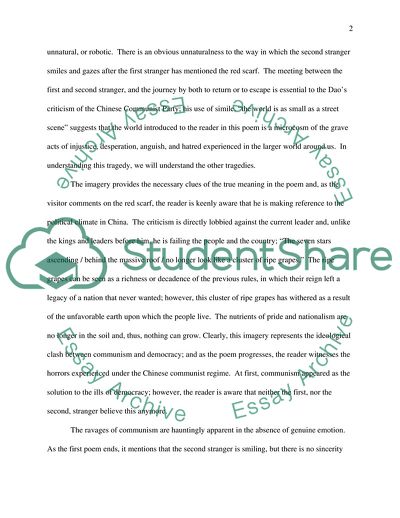Cite this document
(The Rose of Time Literature review Example | Topics and Well Written Essays - 2000 words, n.d.)
The Rose of Time Literature review Example | Topics and Well Written Essays - 2000 words. https://studentshare.org/literature/1747424-the-rose-of-time-newselected-poems-written-by-bei-dao
The Rose of Time Literature review Example | Topics and Well Written Essays - 2000 words. https://studentshare.org/literature/1747424-the-rose-of-time-newselected-poems-written-by-bei-dao
(The Rose of Time Literature Review Example | Topics and Well Written Essays - 2000 Words)
The Rose of Time Literature Review Example | Topics and Well Written Essays - 2000 Words. https://studentshare.org/literature/1747424-the-rose-of-time-newselected-poems-written-by-bei-dao.
The Rose of Time Literature Review Example | Topics and Well Written Essays - 2000 Words. https://studentshare.org/literature/1747424-the-rose-of-time-newselected-poems-written-by-bei-dao.
“The Rose of Time Literature Review Example | Topics and Well Written Essays - 2000 Words”. https://studentshare.org/literature/1747424-the-rose-of-time-newselected-poems-written-by-bei-dao.


